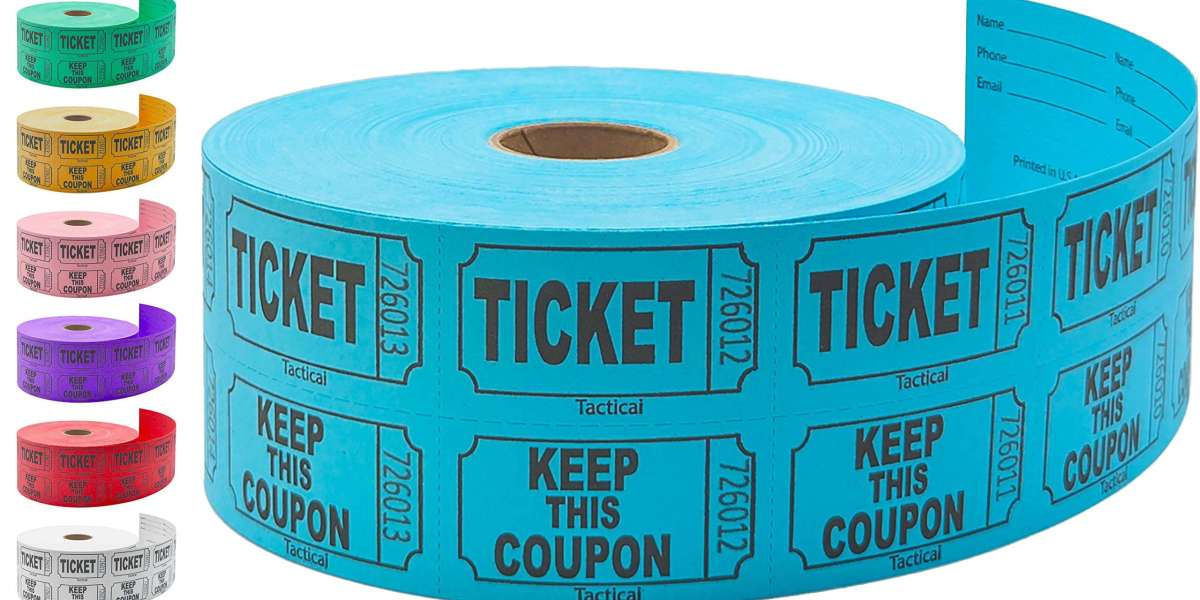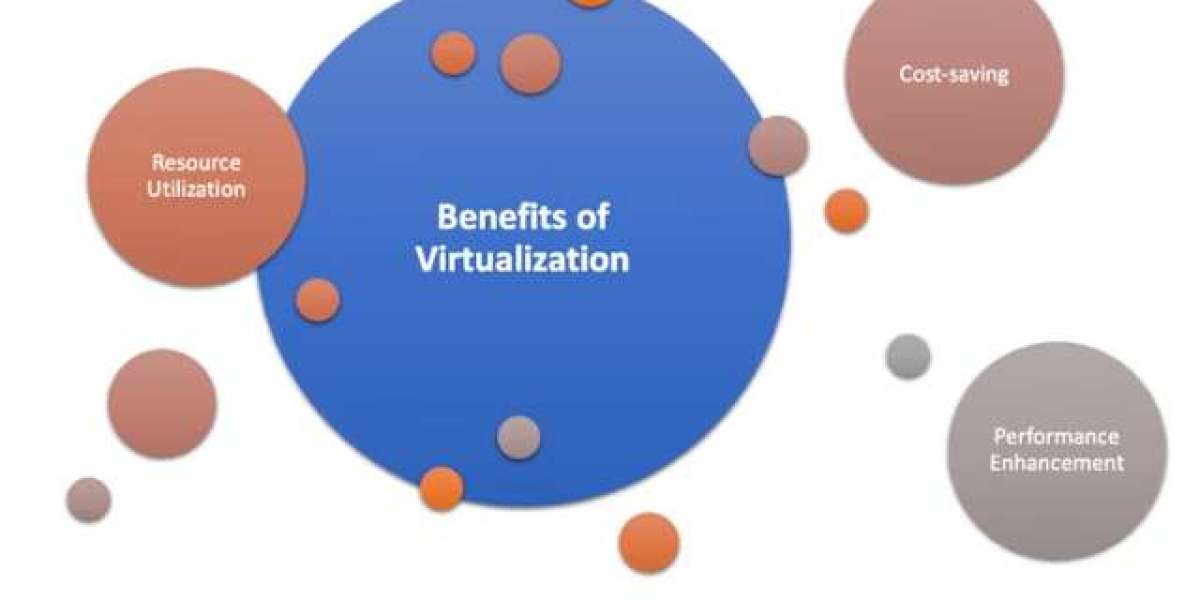A raffle is a way for nonprofit organizations to raise money and spread the word about their missions. Nonprofits can use the proceeds from a raffle to support ongoing programs or special events. Organizing a raffle requires careful planning, adherence to local laws and regulations and a good understanding of how to sell tickets. The success of a raffle depends on how well the organization promotes it and how many people participate in the drawing. Whether an event is held in-person or online, it is important to set goals and deadlines for ticket sales.
To make the most money, nonprofits should plan to sell tickets for a few months in advance of the drawing. Setting a timeline will help volunteers and other stakeholders understand their individual roles in achieving the overall fundraising goal. A timeline also provides a sense of urgency, motivating participants to work harder.
Once a timeline is established, the organization should start recruiting individuals to sell tickets. The best people to recruit are those who already have relationships with the community and are passionate about its cause. For example, a church member’s wife or son might be a great person to ask to distribute tickets. Other possible recruits include neighbors, friends and business associates.
Depending on the type of raffle, different information should be printed on the tickets. For example, some states require that all raffle tickets have numbers on them. To save time, organizations can buy preprinted tickets from a printing company or an office supply store.
Raffle tickets can be perforated or left unperforated. The size of a ticket can vary, but it should be large enough to allow a person to write in their name and contact information. The raffle tickets should also contain the name of the hosting organization, date and name of the event, and the price of the ticket.
Before buying raffle tickets, an organization should check with the city or county to find out if they need a permit to hold a raffle. The cost of a permit is usually very low, but not having one could result in the organization being shut down. Obtaining a permit is easy and can be done by simply contacting the city or county.
Nonprofits can choose to host a raffle as part of another event such as a dance or auction. This can increase attendance and raise more money. Additionally, it can be more effective to have the winning ticket drawn during a live event rather than afterward.
Regardless of the method chosen to sell tickets, nonprofits should record all of their data about the raffle. This will help them decide what changes to implement next year. For example, if a certain prize was very popular, they can consider bumping the price up or offering discounts for multiple purchases. Keeping track of all of this information will make the raffle more efficient for the organizers. They should also send thank-you notes to all of the ticket sellers and merchants who donated items.


